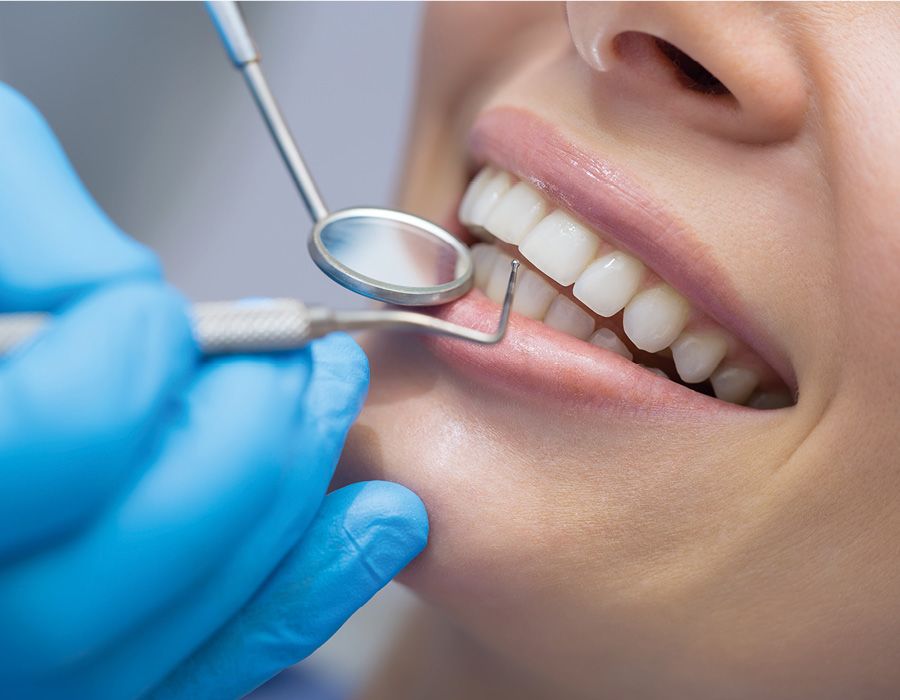Vital training tools
How does the dental team cope if things go wrong?

Sarah Manton
Director, Faculty of Dental Trainers

C linical dentistry is a stressful job. Patients are anxious and clinicians are often working under pressure. Expected procedures can suddenly become more complex, requiring skills that may be out of the operator’s comfort zone. How do training programmes address the abilities of practitioners to cope with such situations?
Non-technical skills (NTSs) are the cognitive and social expertise that are used to underpin individual and team performances. They are essential for supporting good clinical performance and safe patient outcomes. They should not be confused with clinical skills, which are related to knowledge and experience, nor with technical performance, which is related to training and practice.
Issues relating to human factors – such as poor situation awareness, an inability to reflect, breakdowns in communication, deficient teamworking and flawed decision-making – are strongly related to adverse events. But how are we trained to recognise and improve these skills? How many of us had to learn by default, or through having to cope as best we could with stress and cognitive overload?

DeNTs assessment
The Faculty of Dental Trainers (FDT) has developed the DeNTS taxonomy as a new tool for rating the NTSs of dentists working and training in any care sector or operative setting. It is used to observe dentists during real-time clinical working and provide constructive feedback to help develop improved performance and manage difficult situations. This is a non-threatening exercise and is not about passing or failing.
The priority for the FDT over the coming year will be promoting and rolling out DeNTs. The first training masterclasses have been held in Edinburgh and workshops have been delivered for NHS England Workforce Training and Education Midlands. We are delighted that NHS Education Scotland has incorporated DeNTS assessments into Turas, its online learning platform, and will be introducing the tool for rating dental core trainees.
The FDT has a memorandum of understanding with the Association for Dental Education in Europe and has been accepted to present two workshops on DeNTS at its 2024 meeting in Leuven, Belgium. Dr Jane Wardman and Dr Gabriel Lee from Singapore will be joining me as Faculty.
The FDT also plans to take DeNTS internationally to Kuala Lumpur, Malaysia, in July and to the South East Asia Association for Dental Education in Manila, Philippines, in November.
Feedback tool for DCPs
A second assessment tool, the Dental Nurse Observation Tool (DNOT), has been piloted and launched. This first taxonomy for dental care practitioners (DCPs) enables dental nurses to give feedback on the NTSs of dentists, dental hygienists and dental therapists. Dental nurses sit with clinicians while they operate, and are ideally placed to support reflection on performance and exert a positive impact on safe practice. DCPs are integral to the team ethos of the FDT and our DCP Fellows, Julia Armstrong and Geraldine Birks, assisted by Stephanie Carter and Caroline Taylor, have been integral in the development process.
Also DNAT (the Dental Nurse Assessment Tool) is going through its final stages and will enable dental nurses to rate the NTSs of other dental nurses.
The DeNTS and DNOT taxonomies may be viewed on the College’s website, and the FDT would like to hear from anyone interested in joining the Faculty, becoming a trainer, holding a course or finding out more.
Click here to find out more about our courses and webinars
Click here to join the Facility of Dental Trainers

